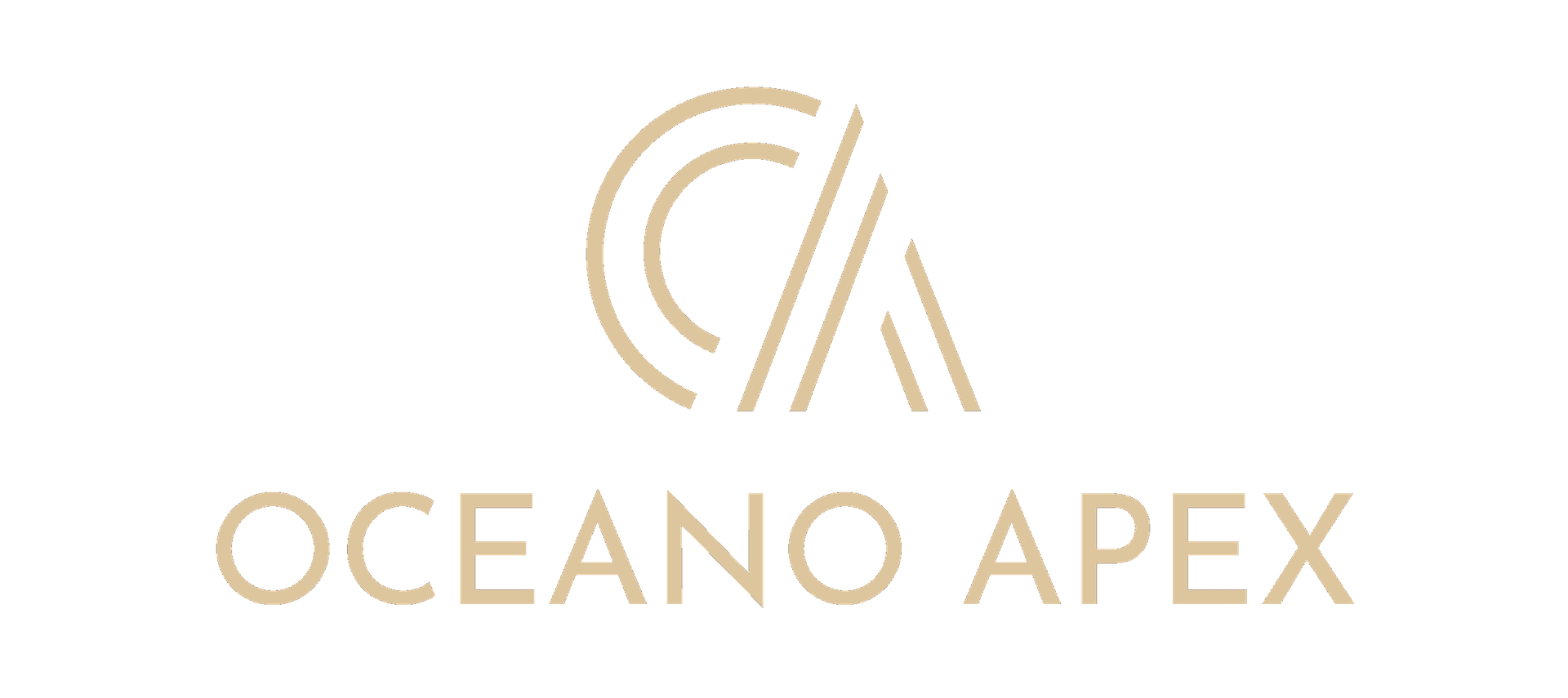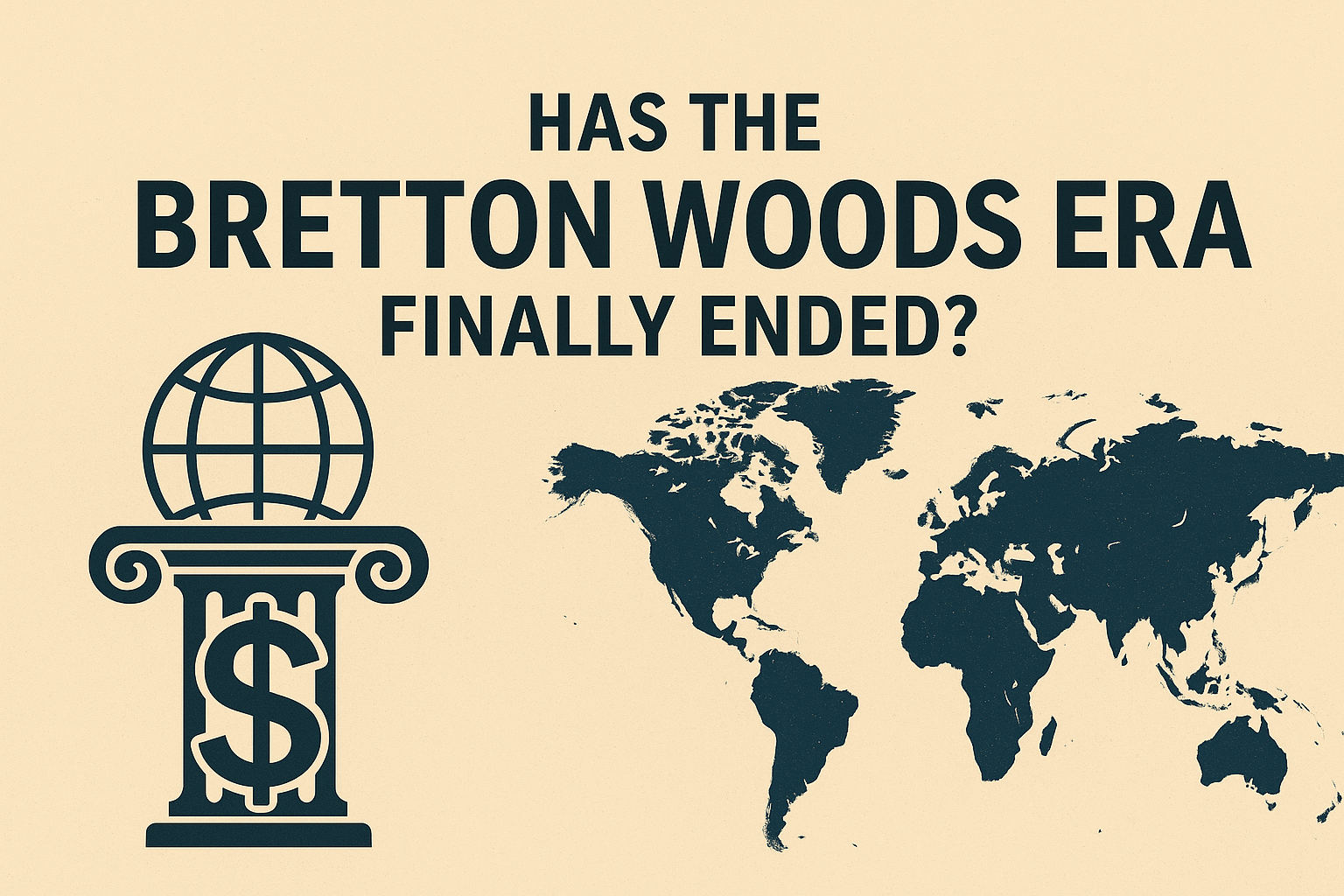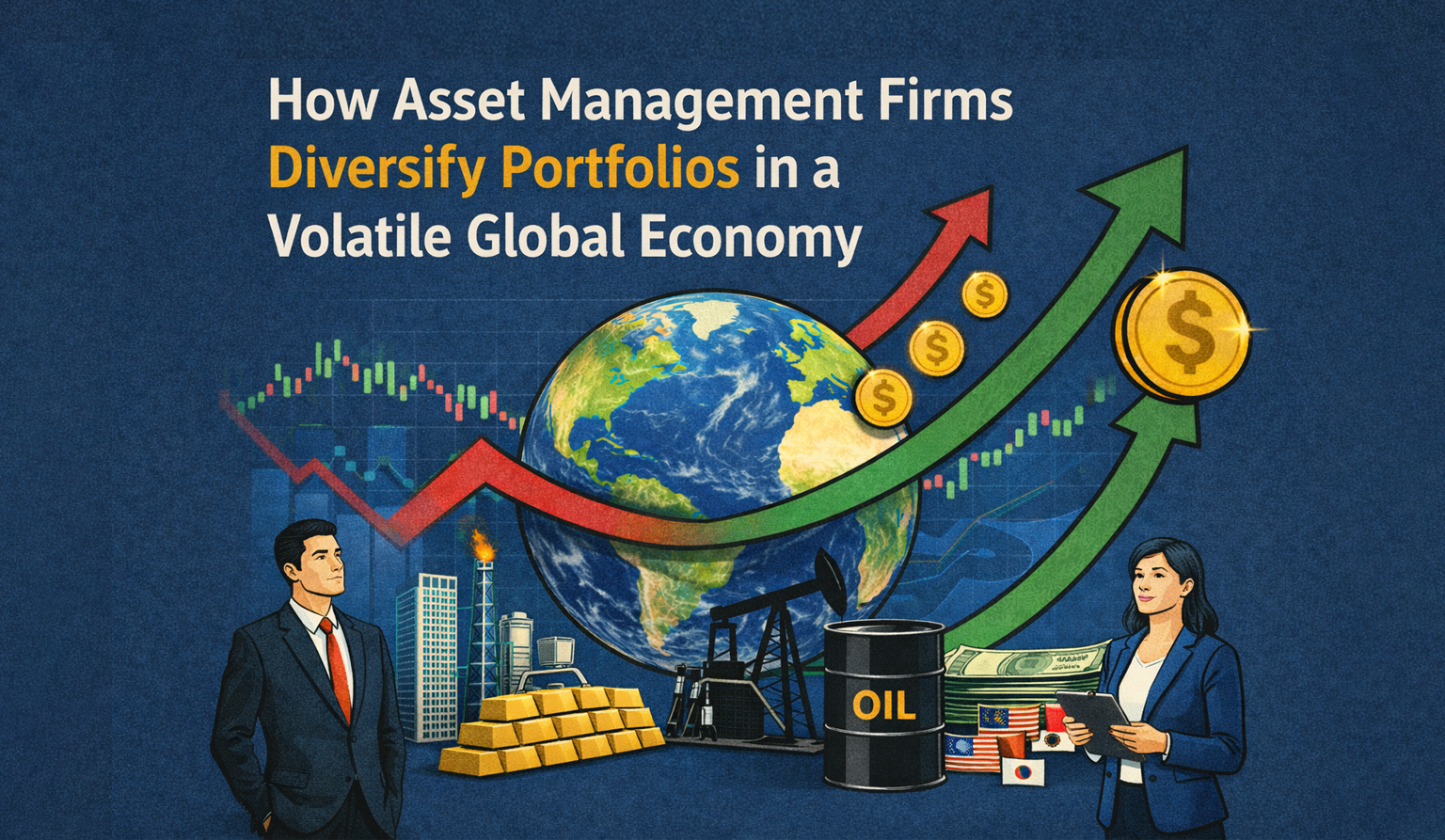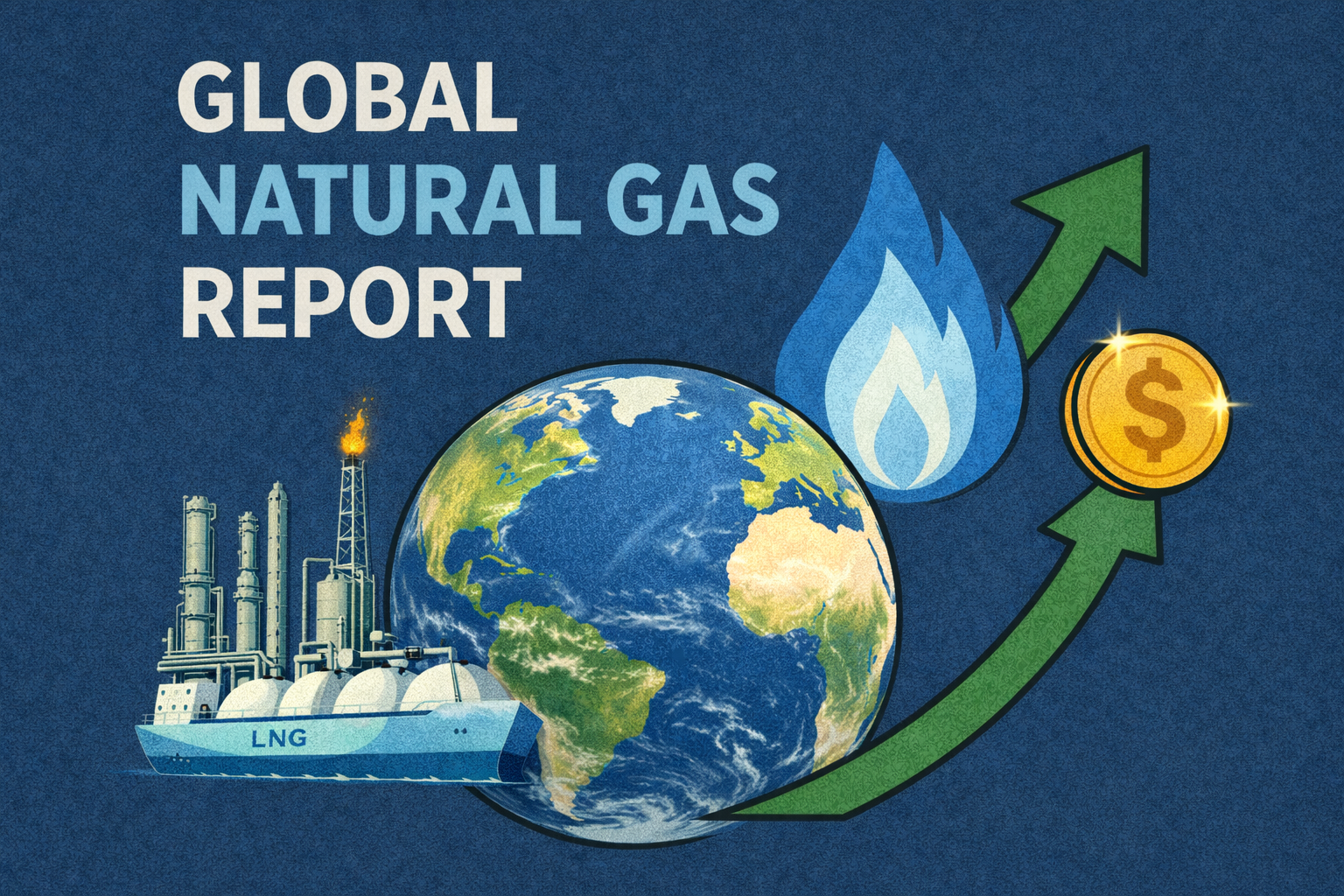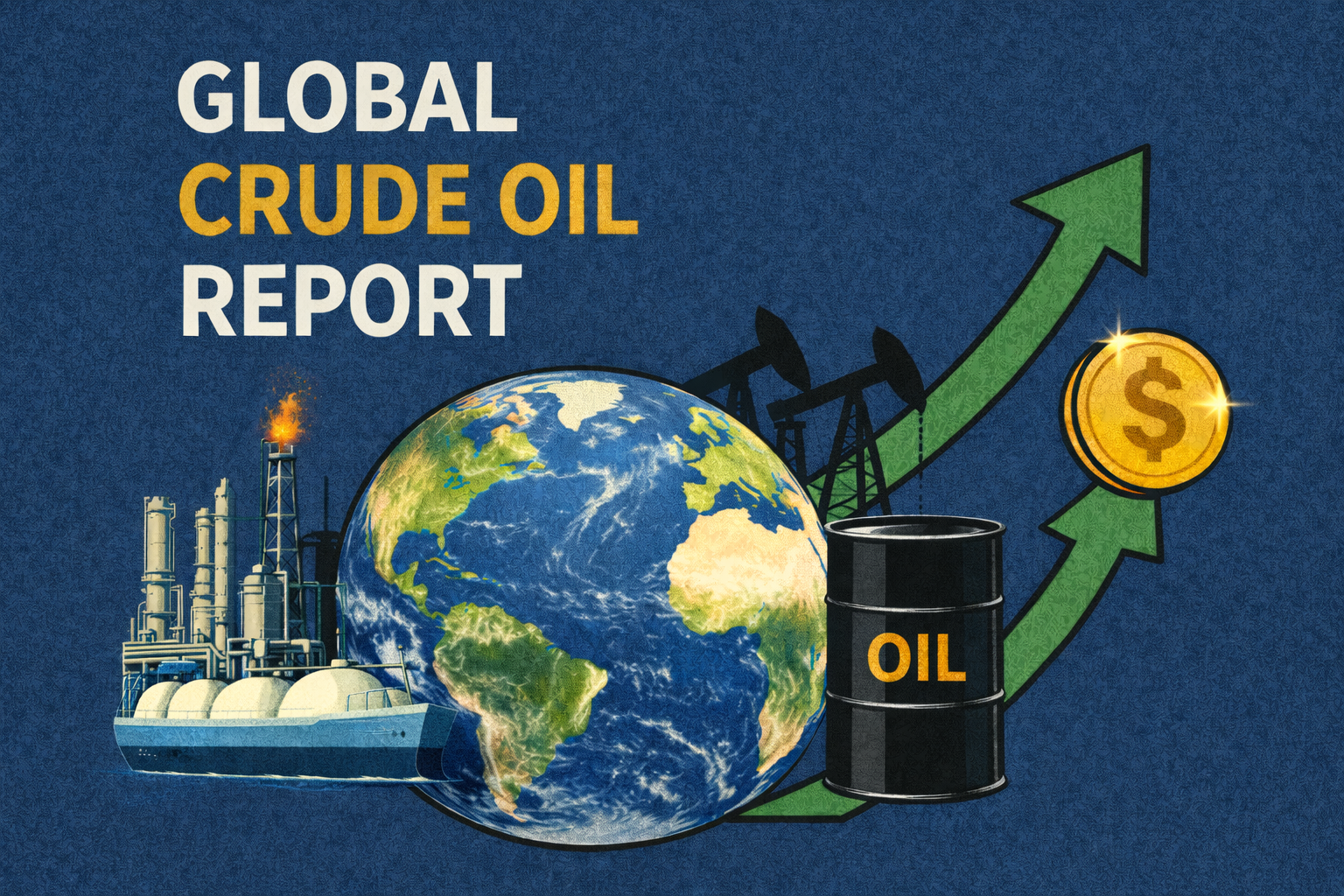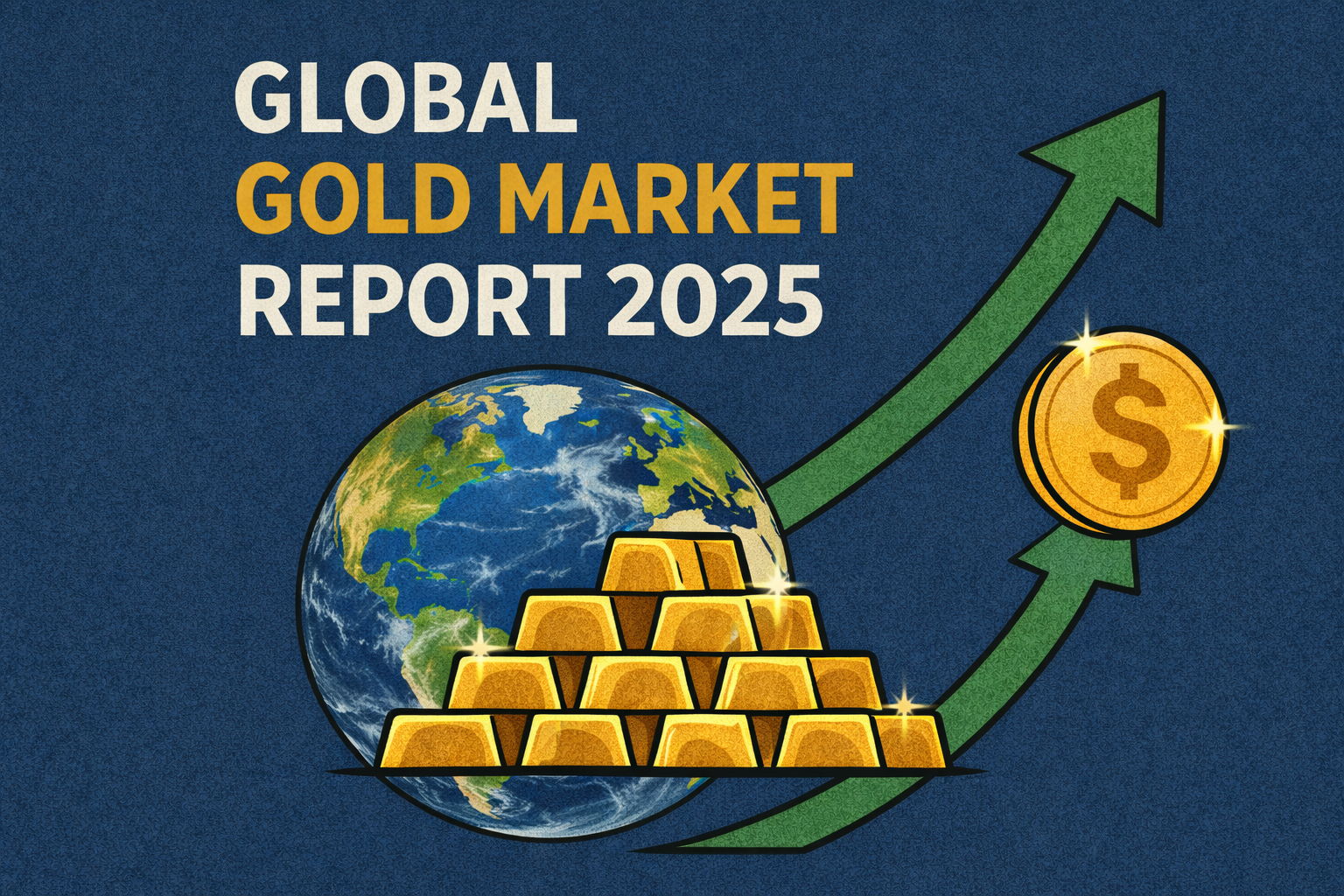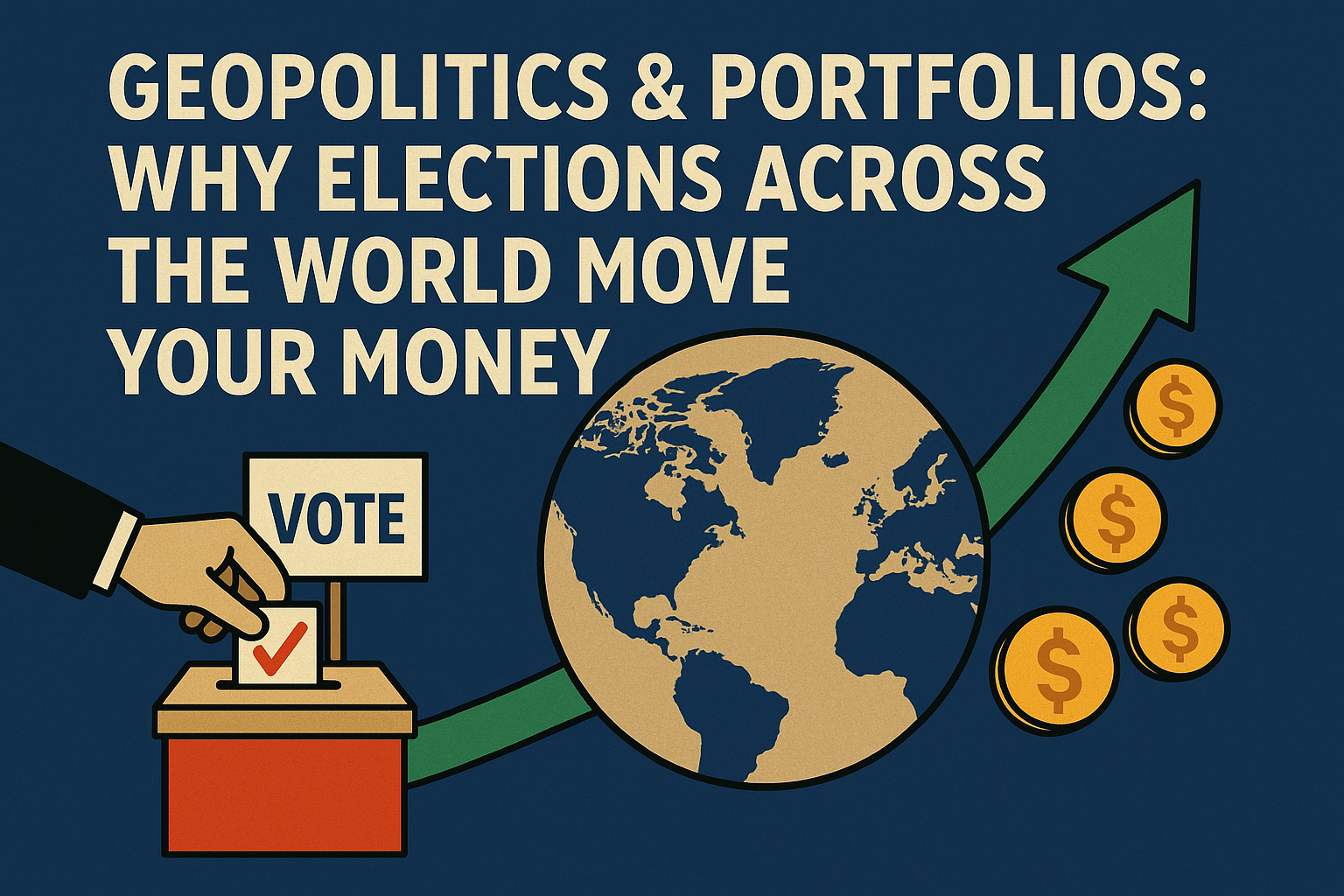In 1944, with World War II coming to a close, leaders from 44 countries met in Bretton Woods, New Hampshire, to create a new international financial system. Their dream was straightforward yet revolutionary: stability through rules, cooperation, and trust.
For decades, this system—centered on the U.S. dollar as the global reserve currency—supported world trade and capital flows. It made investors feel secure, enabled economies to rebuild, and paved the way for record growth.
But now, we need to ask one complex question: has the Bretton Woods era finally come to an end?
A Fragmenting World Order
The foundations that once supported global trade and finance are crumbling:
- Geopolitical tensions: U.S.–China relations, the war in Ukraine by Russia, and the rise of regional blocs are remaking alliances.
- De-Dollarization Moves: Countries are increasingly seeking alternatives to the U.S. dollar for trade settlement—from oil contracts denominated in yuan to digital currencies.
- Trade Fragmentation: Protectionist measures, supply chain “friend-shoring,” and tariff increases are undermining the notion of a single, integrated global marketplace.
The “rules-based” order that Bretton Woods had promised is being replaced by fragmented, interest-based ecosystems.
Finance & Capital Flow Implications
For investors and financial leaders, this change isn’t theoretical—it has real-world implications:
- Currency Volatility
As local currency settlements become more prevalent in more countries, FX risks will potentially grow, further underlining the importance of hedging strategies. - Investment Realignment
Capital is now flowing towards regions aligned by geopolitics rather than merely market fundamentals. For instance, Middle East-Asia partnerships are becoming stronger beyond Western parameters. - Rise of Alternatives
Stablecoins, CBDCs, and regional finance agreements are progressively undermining dollar-directed finance. - Higher Cost of Capital
Ambiguity and fragmentation tend to be associated with higher risk premiums, affecting corporates’ and sovereigns’ borrowing costs.
What Should Leaders and Investors Do?
- Diversify Beyond Borders: Portfolios need to capture not only industries but also geopolitical strength.
- Hedge Strategically: Currency risk management needs to shift from nice-to-have to must-have.
- Connect with Emerging Markets: Growth prospects can increasingly come from those markets that are creating their own financial systems.
- Be Policy-Conscious: Investments need to be guided by geopolitics as much as economics.
A New Chapter, Not the End
Rather than appear to be breaking down, perhaps it’s better to say we’re embarking on a new chapter of financial globalization—messier, multipolar, but also brimming with new opportunities.
The previous system provided stability in unity. The new one might require resilience in terms of adaptability.
The true question for investors and leaders is not whether Bretton Woods has come to an end—but whether we are prepared to steer through whatever comes next.
Over to You:
Do you believe the U.S. dollar will continue to dominate in an increasingly fractured world, or are we moving toward a truly multipolar financial system?
______________________________________________________________________________________
Disclaimer: This blog post is for informational purposes only and should not be considered as financial advice. Always consult with a professional financial advisor before making any investment decisions.
